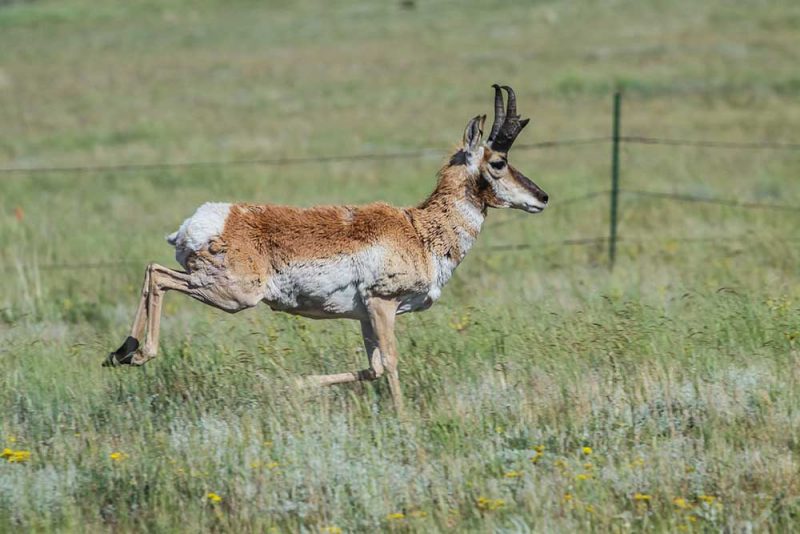POLITICS DELAY COLORADO PUBLIC LAND ACTS, despite common interests. Public land is important for both recreation opportunities and wildlife & environmental conservation. Recently, a survey was conducted using residents from Colorado’s western slope. The survey was regarding various conservation issues, and the results revealed strong support for expanding wilderness areas.
There are three separate public land acts essentially competing for Congressional approval.
These three Acts overlap in many areas. But, they are highly partisan and have been in deliberation for decades. “Partisan” meaning, sponsored by opposing and/or unaligned political parties. Votes have failed due to party lines. Thus, there are likely to be continued delays in passing any act for new and updated land designations.
- CORE Act is sponsored by US Senator Michael Bennet and U.S. Congressman Joe Neguse. [CORE Act]
- “…protects approximately 400,000 acres of public land in Colorado, establishing new wilderness areas and safeguarding existing outdoor recreation opportunities to boost the economy for future generations.”
- Colorado REC Act, sponsored by Colorado’s Third Congressional District Representative Scott Tipton, is specific to lands within his district (western slope).
- “The Colorado REC Act is intended to balance the unique needs and desires of various stakeholders.” “I hope to be able to build broad consensus around this bill as it moves through the legislative process.”
- Colorado Wilderness Act, sponsored by Rep. Diana DeGette. [CWA]
- “would designate these 33 specific areas as federally-protected wilderness, giving them the highest-level of permanent protection available. Many of the 33 areas included in DeGette’s bill are mid-elevation ecosystems that provide valuable habitats for a staggering variety of plants & wildlife and that have often been overlooked by previous Congressional efforts to designate new wilderness areas in the state.“
Regarding timelines:
- The CORE Act existed before the Colorado REC Act.
- Tipton reacted to the CORE Act after constituents within “his district” raised “concerns.”
- Tipton specifically disagreed with a component of CORE Act involving the Thomson Divide, just south of Carbondale. CORE Act would make 200,000 acres in this region ineligible for future oil and gas development.
- Rep. DeGette has been working on getting the Colorado Wilderness Act through Congress for 20 years; since 1999.
Would it make sense to combine efforts in order to reach an an agreement faster?















